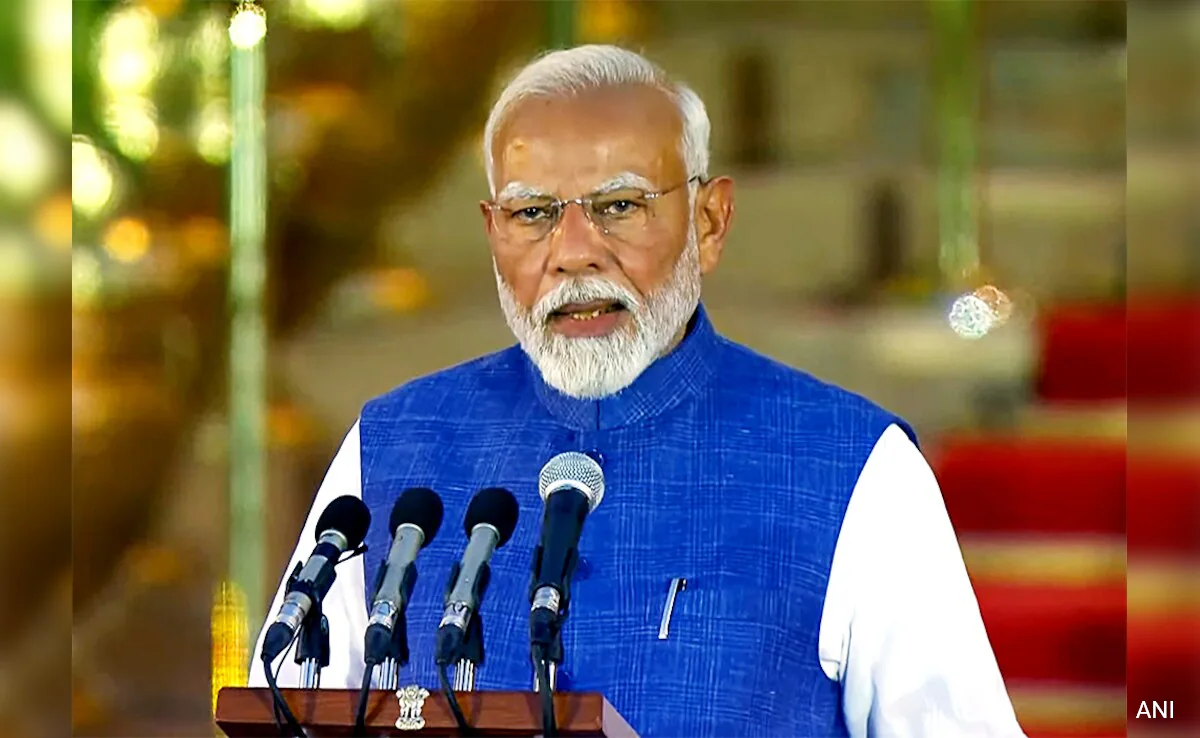The INDIA bloc’s unwillingness to accept its loss in the election and the absence of opposition lawmakers from Sunday’s swearing-in ceremony, save for Congress president Mallikarjun Kharge, are interpreted as indicators of chilly ties between the opposition and the ruling alliance in the months to come, which may result in conflict in Parliament.
Table of Contents
Political observers speculate that the Modi government may need to rely more on executive than on legislative action to advance its reform agenda, and that the NDA may not have the typical honeymoon period that follows elections.
What is the Opposition’s Reasoning?
The opposition has previously accused the government of rushing through a number of laws in Parliament without enough debate. Analysts predict that, with fewer members on the Treasury benches, some legislative actions may need to be shelved or pushed only after reaching a difficult consensus. As some states have not responded to the draft regulations, it also raises the possibility that some important initiatives, such as labour reforms through the new codes, would be delayed because new rules have not been notified.
According to government insiders, Congress and its allies have not accepted the loss and are instead going to town portraying themselves as the victors, even though the NDA has a certain majority and the BJP is by far the largest party.
Mamata Banerjee, the chief minister of West Bengal, had declared on the eve of the swearing-in that “this government is being formed undemocratically and unconstitutionally. We are unable to send this government our best wishes. We send our warmest regards to the nation and its citizens.” All opposition parties were invited, according to government sources, and phone calls were placed to guarantee their attendance. But sources claimed that their absence was only another indication of their dislike of Modi. Modi has pushed for understanding and tolerance for all parties since taking the helm of the NDA parliamentary party in early 2019.
Nonetheless, government observers argue that the Modi administration will not be restrained or hesitate to take action to enhance general functioning, indicating a positive attitude among the ruling side. The field is wide open, they said.
Repeating History
This is not the first time; in the past, the president of India was excluded from the inauguration ceremony of the new parliament building, which Prime Minister Narendra Modi led, because opposition political groups in India boycotted it. Nineteen national and local opposition parties issued a unified statement denouncing Modi’s decision to dedicate the facility on Sunday without President Droupadi Murmu’s presence, calling it not just a severe insult but a direct attack on democracy.
Pakalapati Sanyasi Raju, the senior leader of the Bharatiya Janata Party and a former state treasurer, urged people on Sunday to boycott opposition parties that did not attend the opening of the new Parliament building as payback. He stated that not attending the event would be a grave insult to Indian democracy while addressing the media here.
Mr. Sanyasi Raju stated that the Parliament Building was built by the Union government for the first time in India’s 75-year history of independence. It is an Indian democracy temple. Every single Indian is celebrating its inauguration. Regretfully, the opposition parties—who speak for the people—ignored the momentous occasion. They were demeaning the Indian heritage, culture, and traditions that are integrated into the building’s design, he continued.
